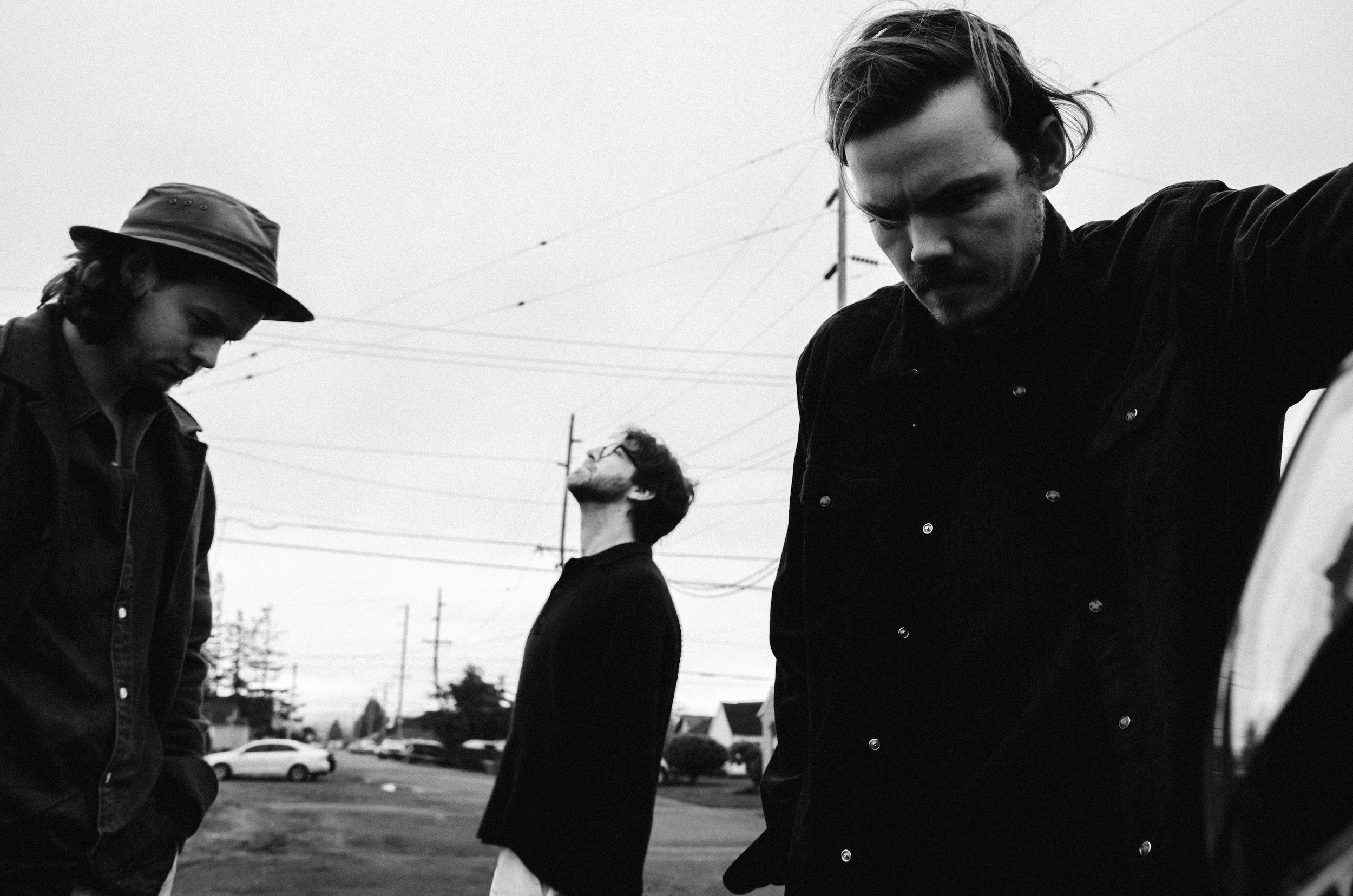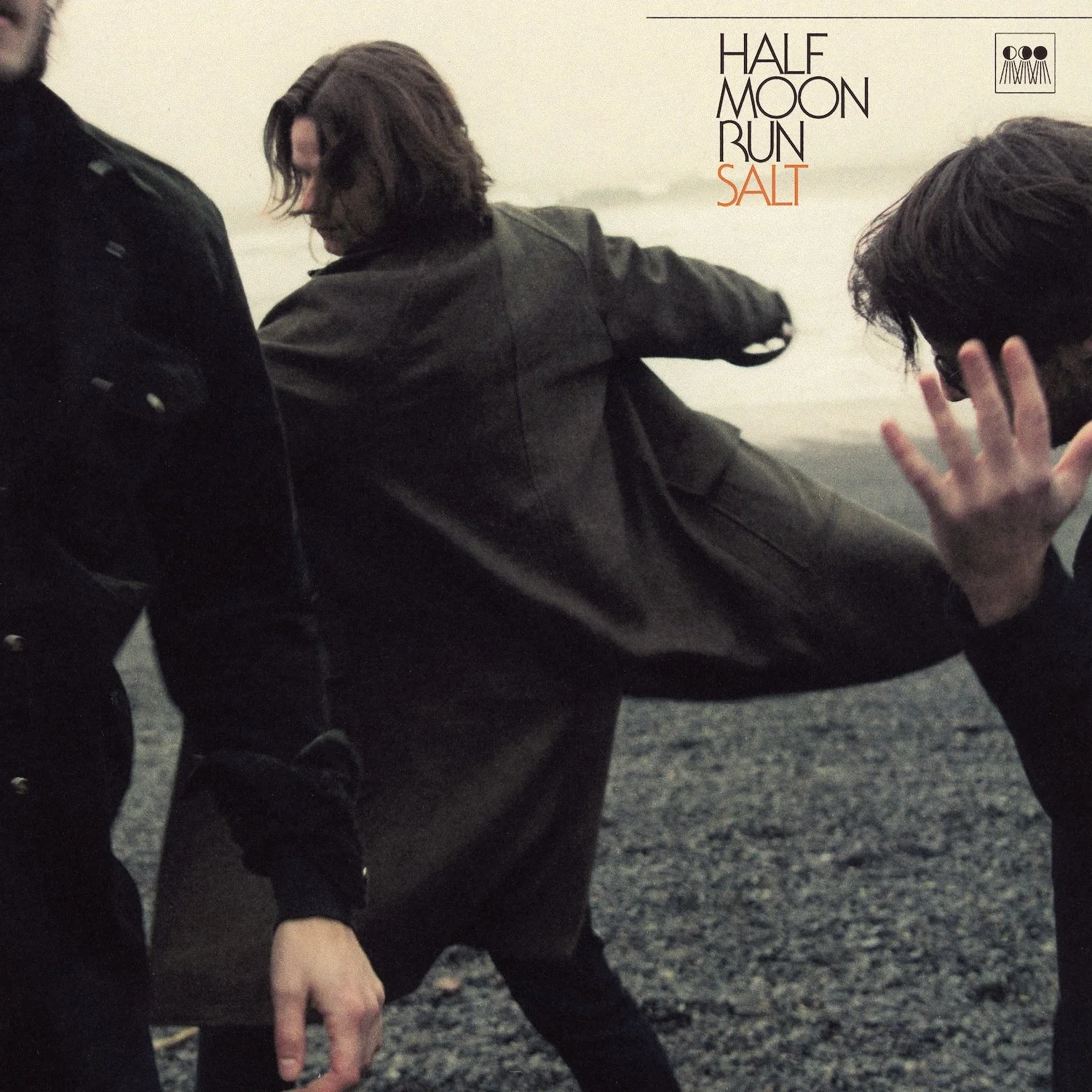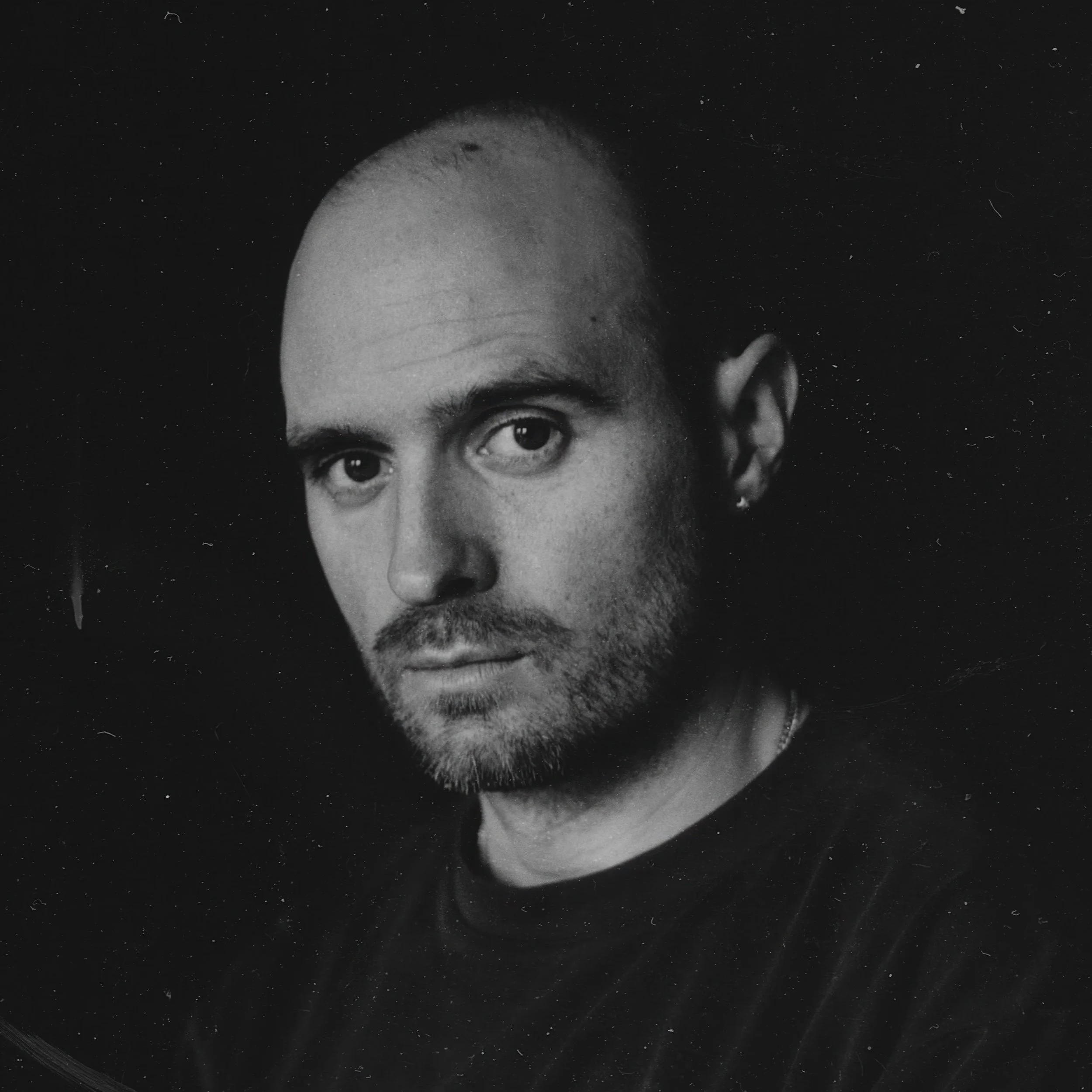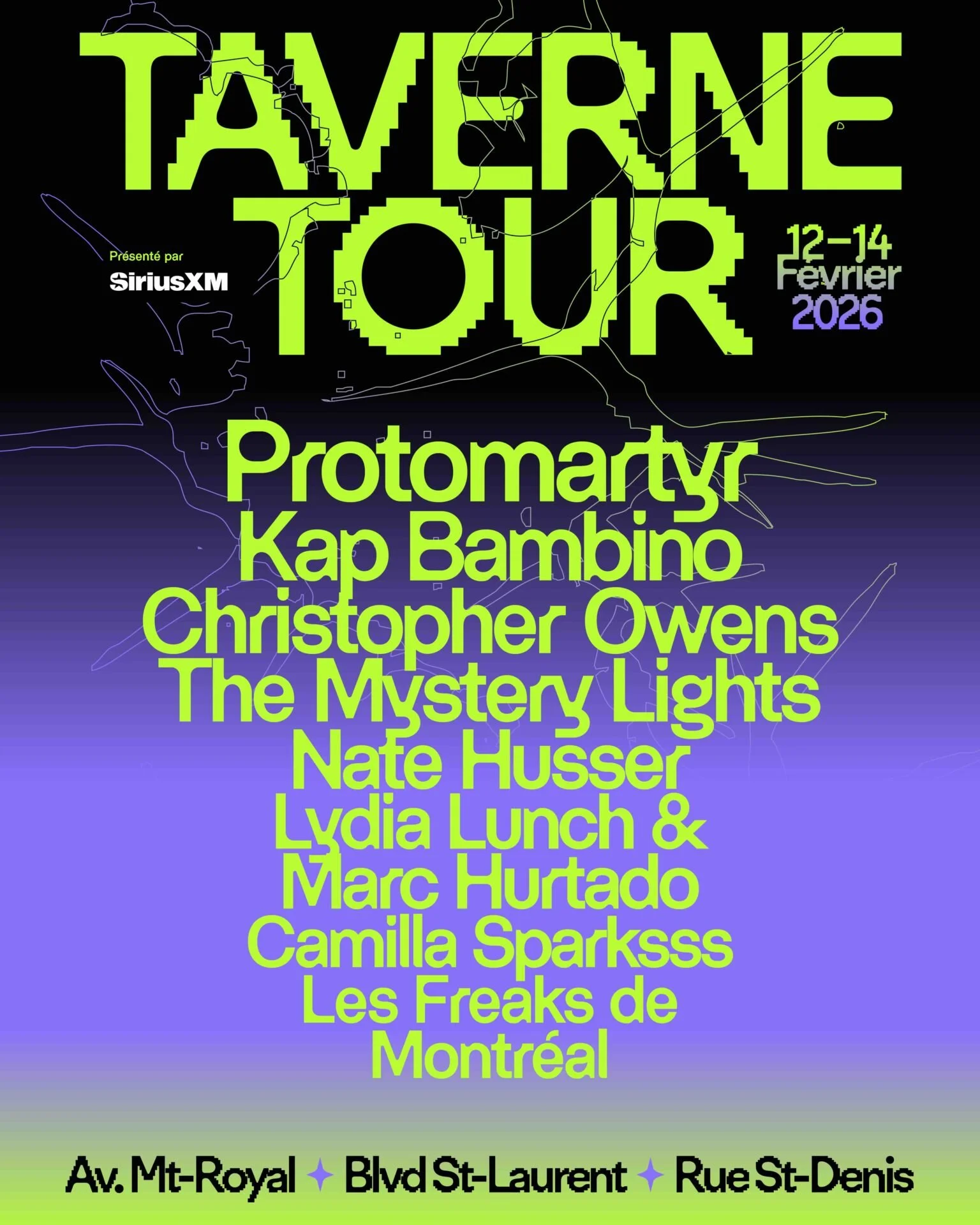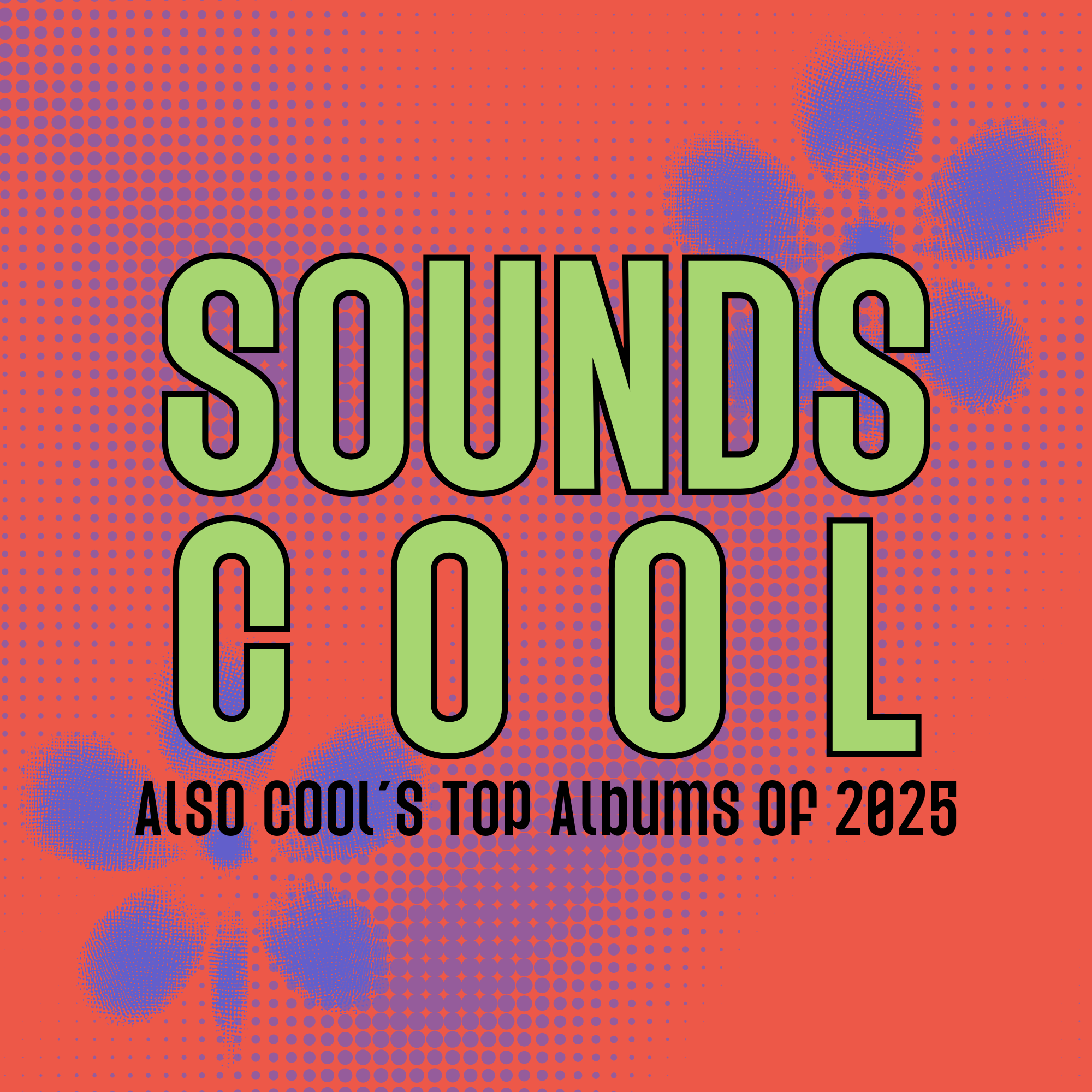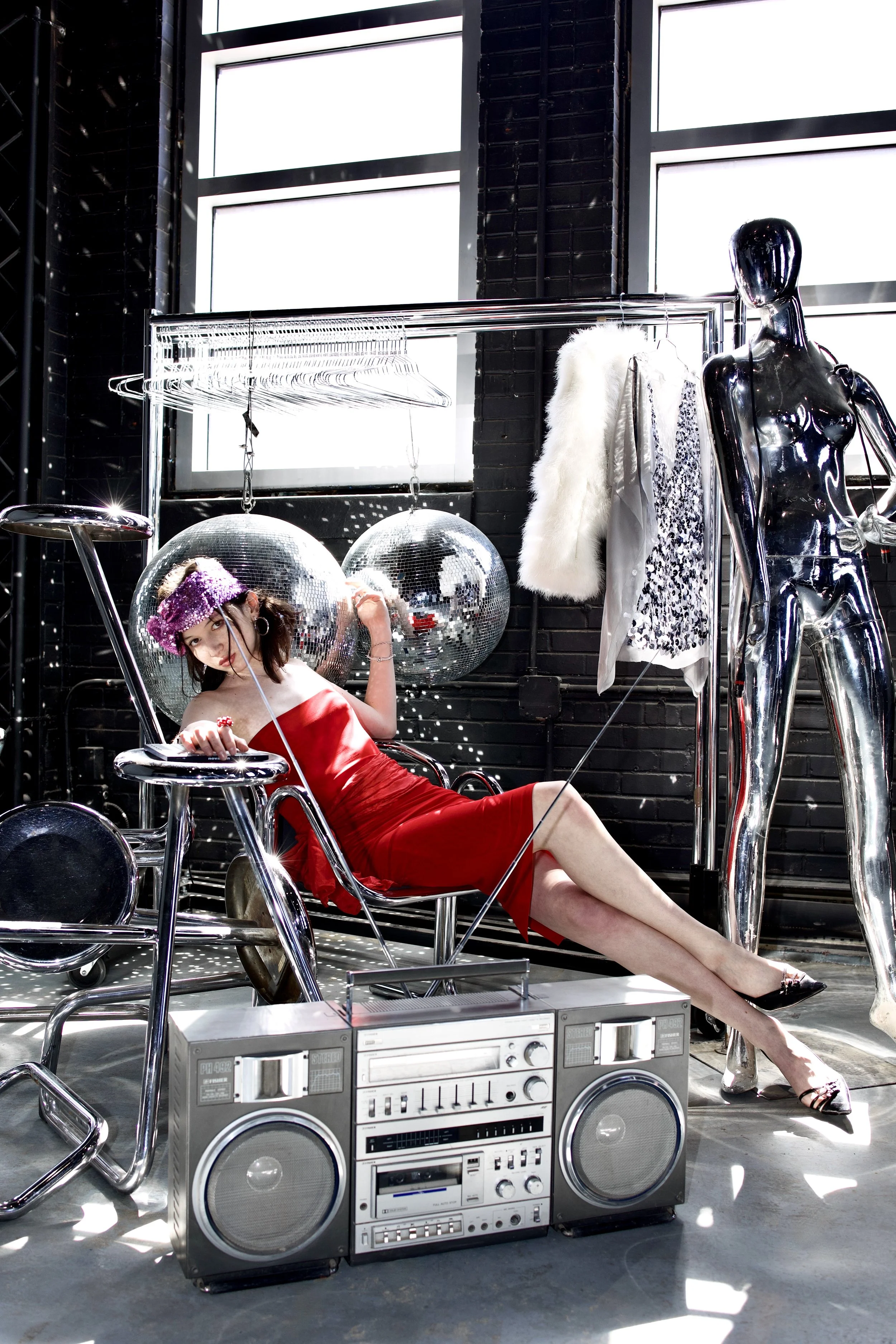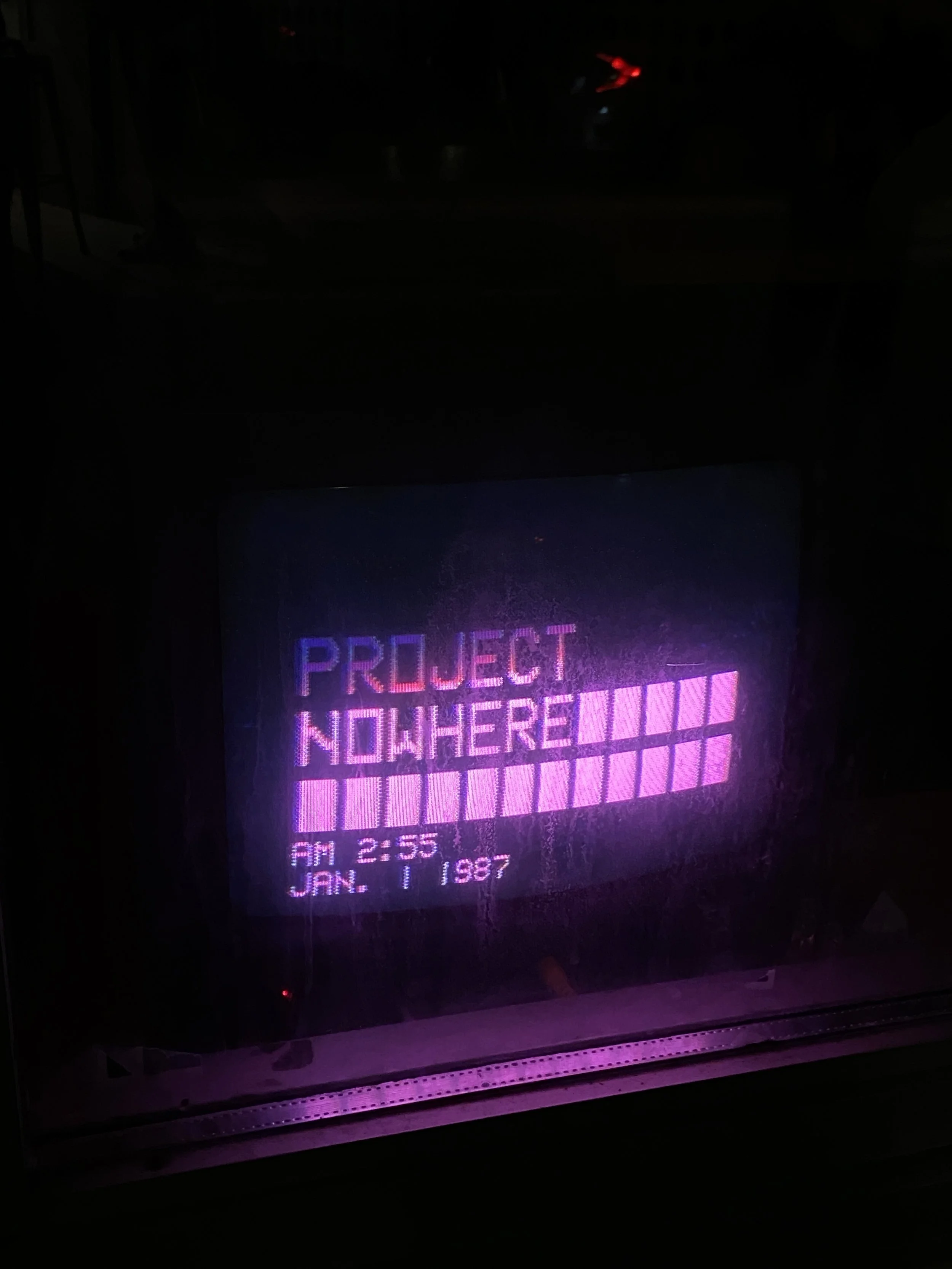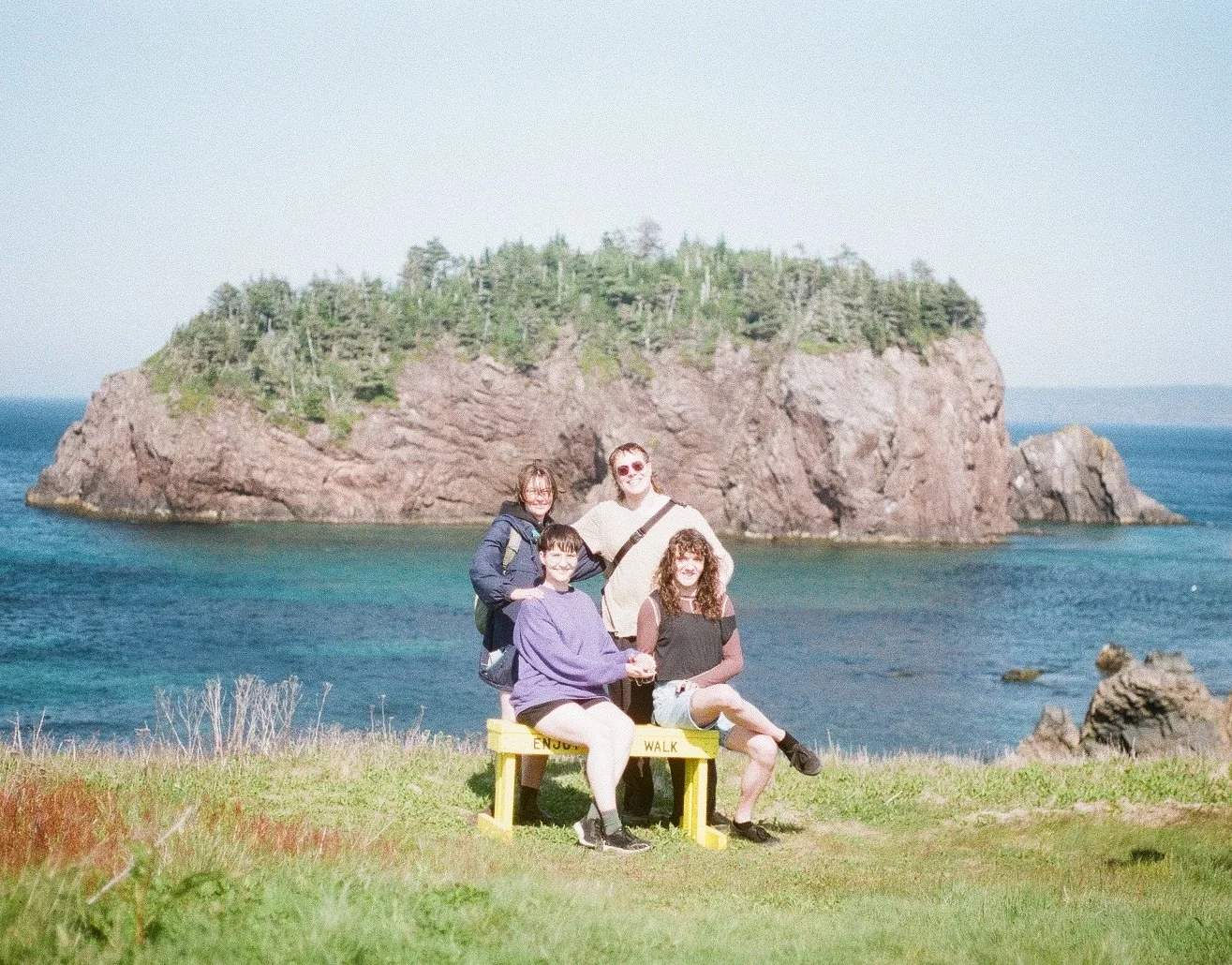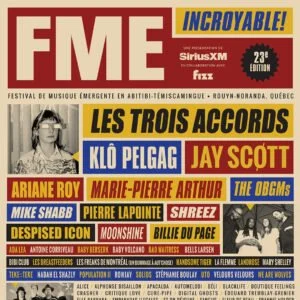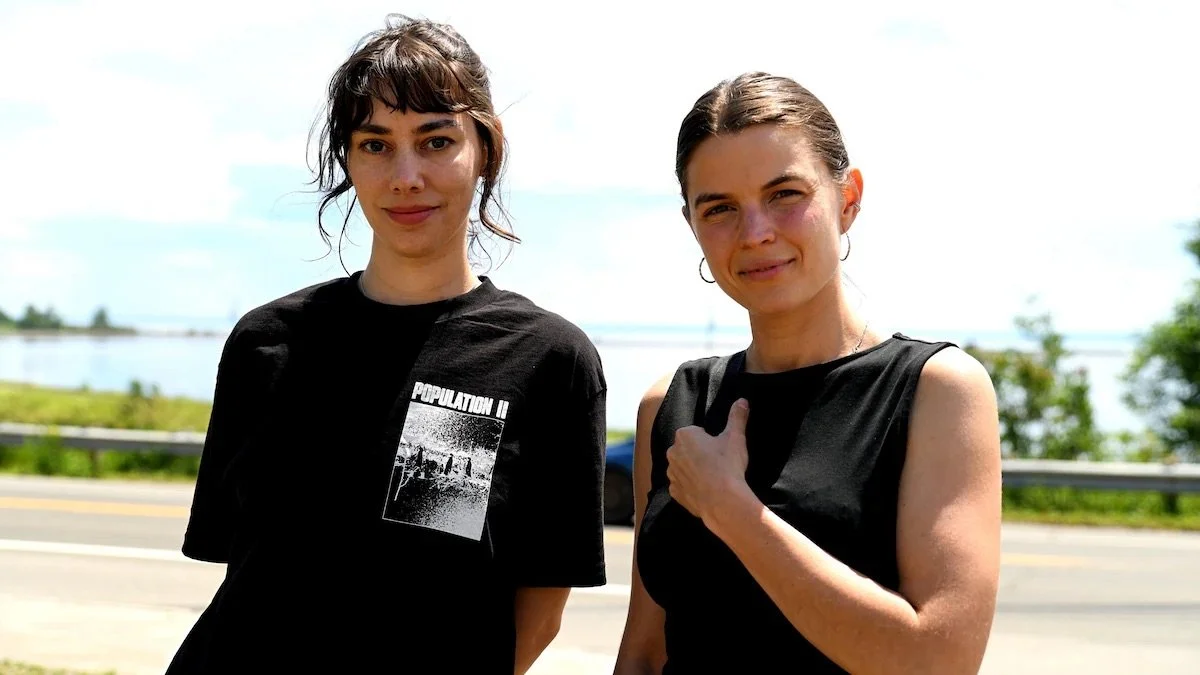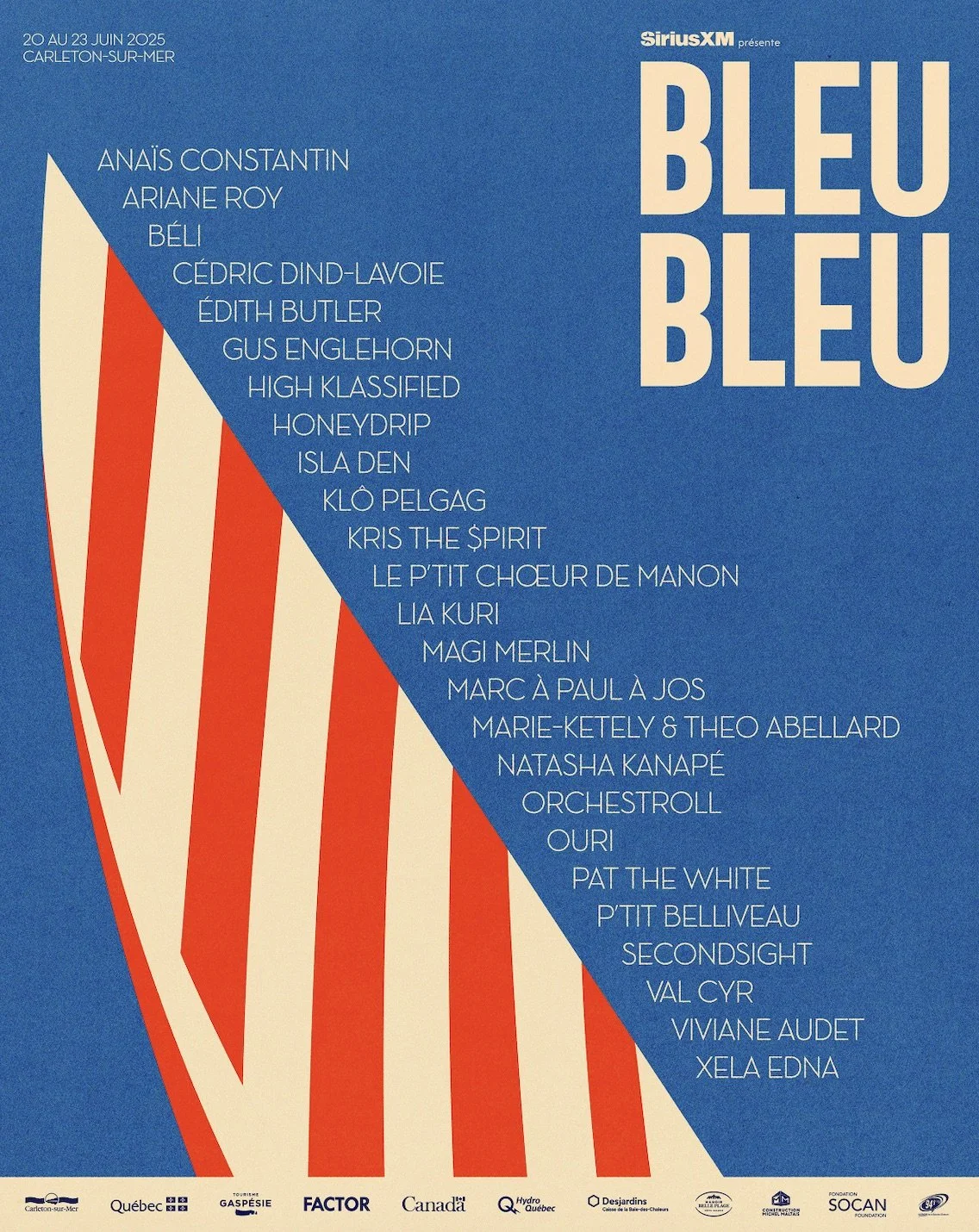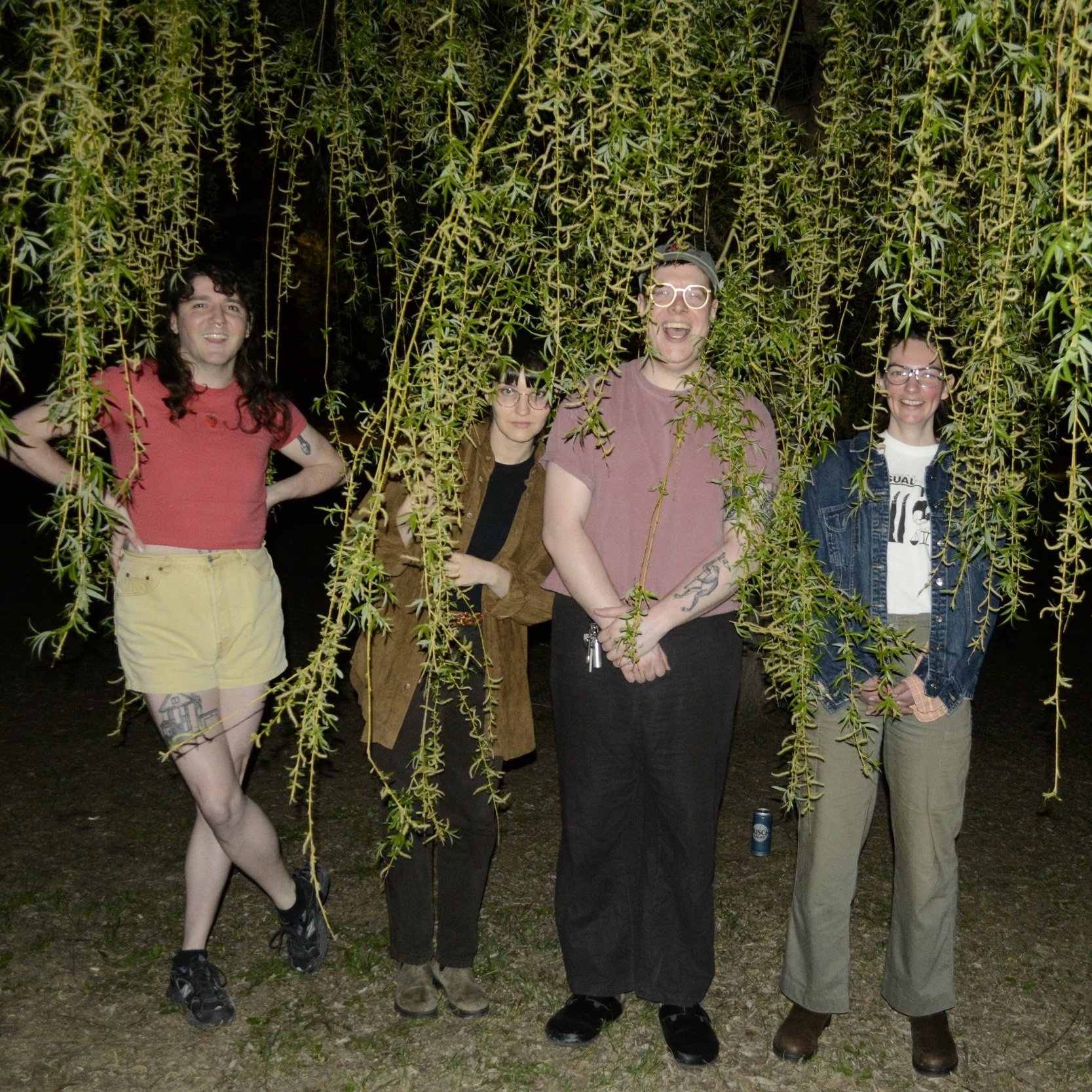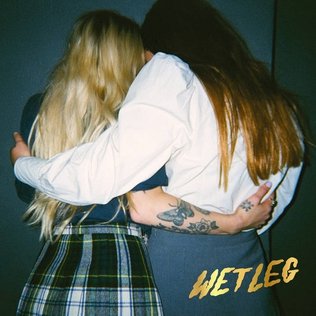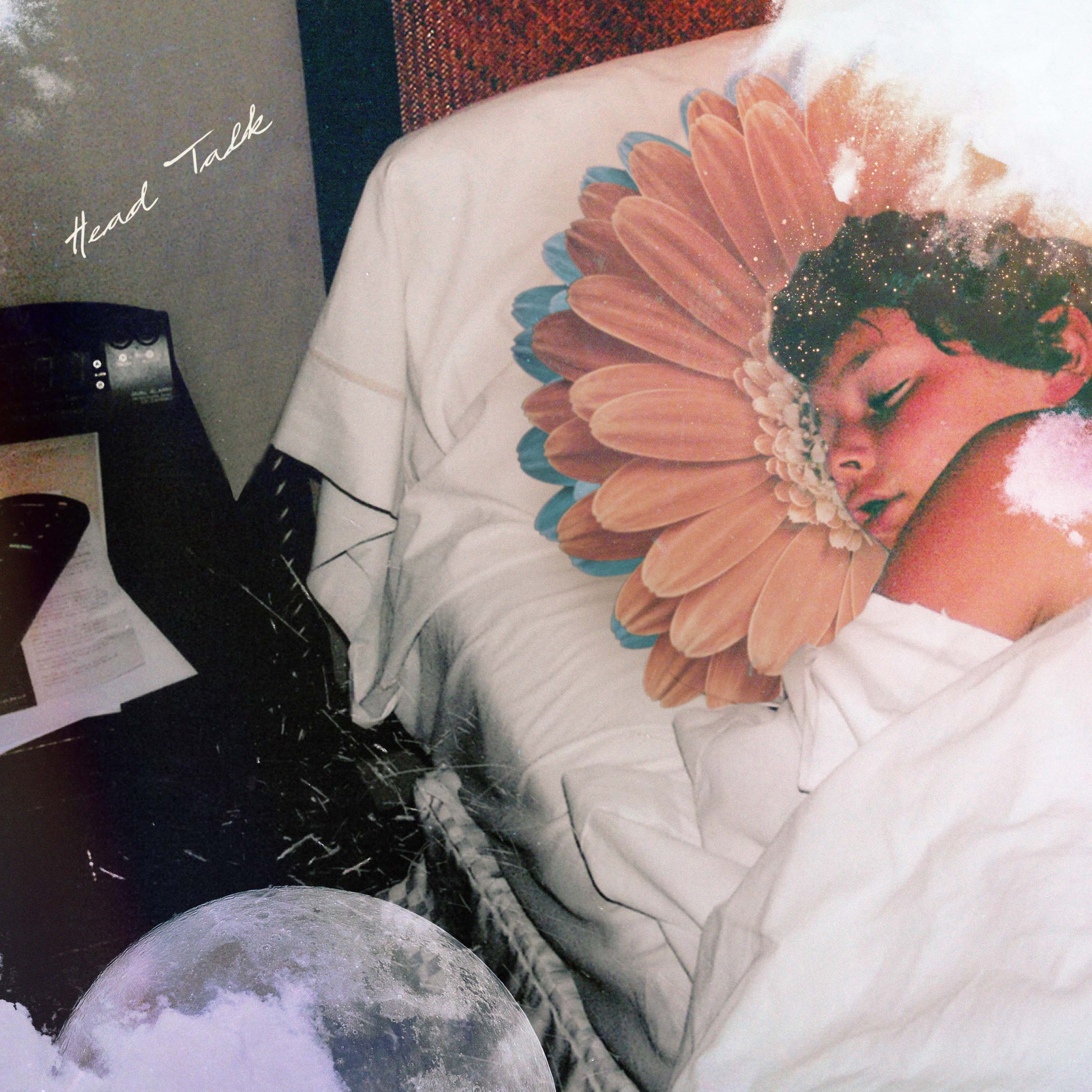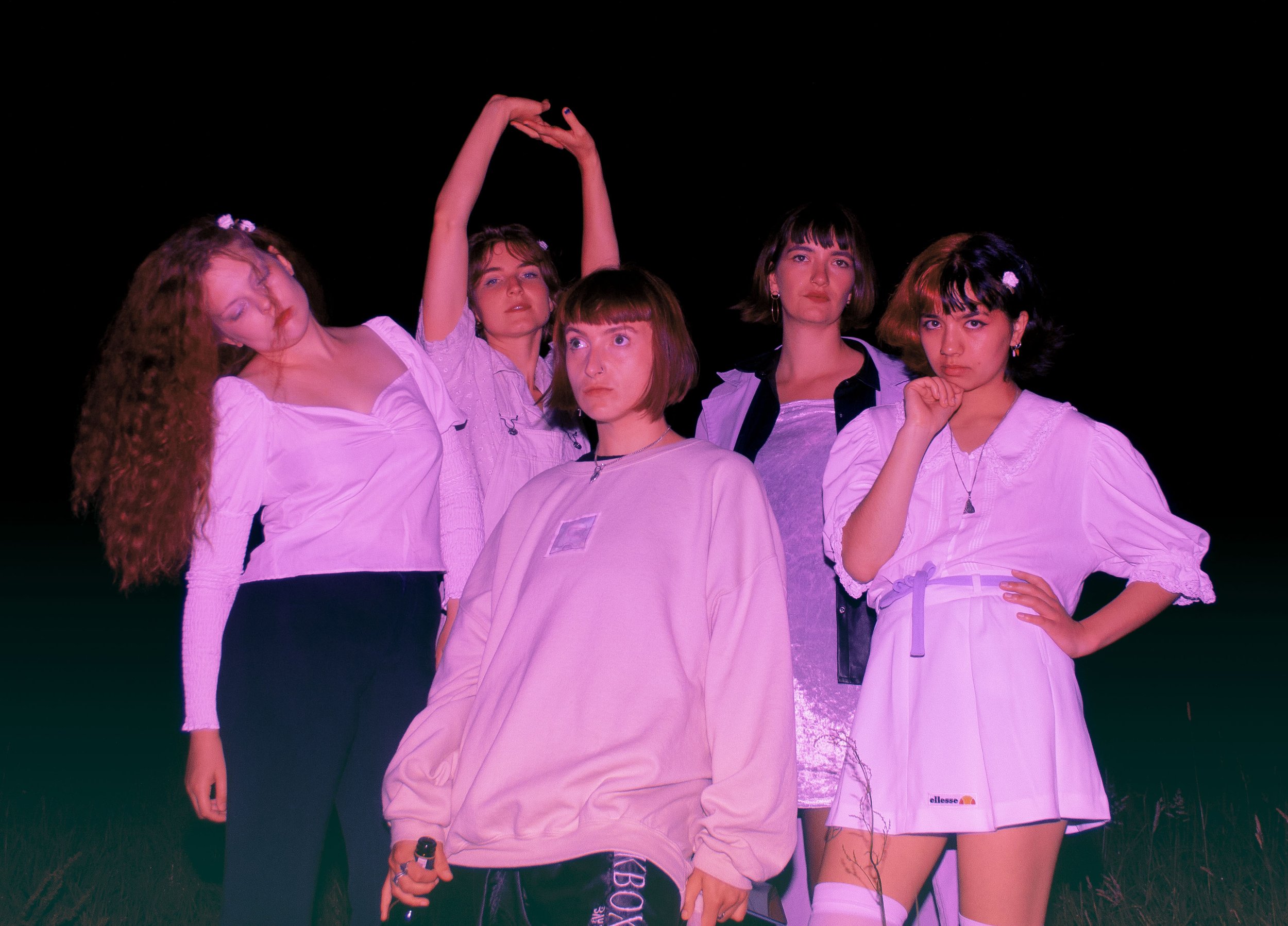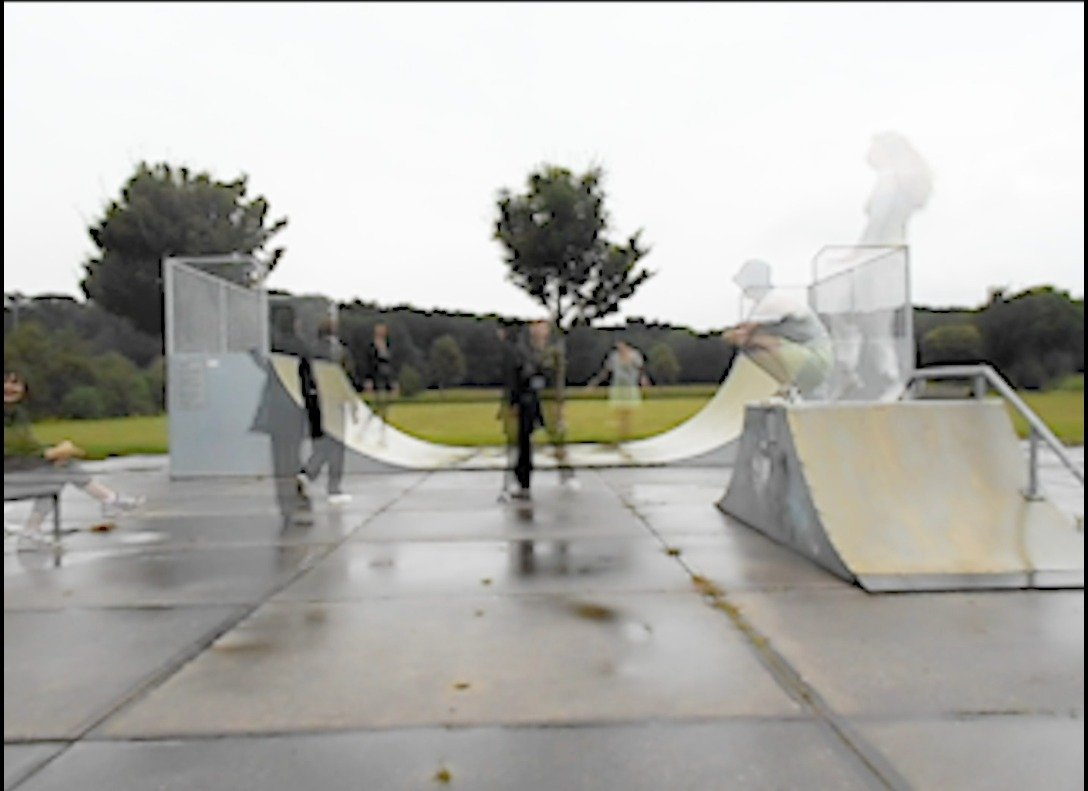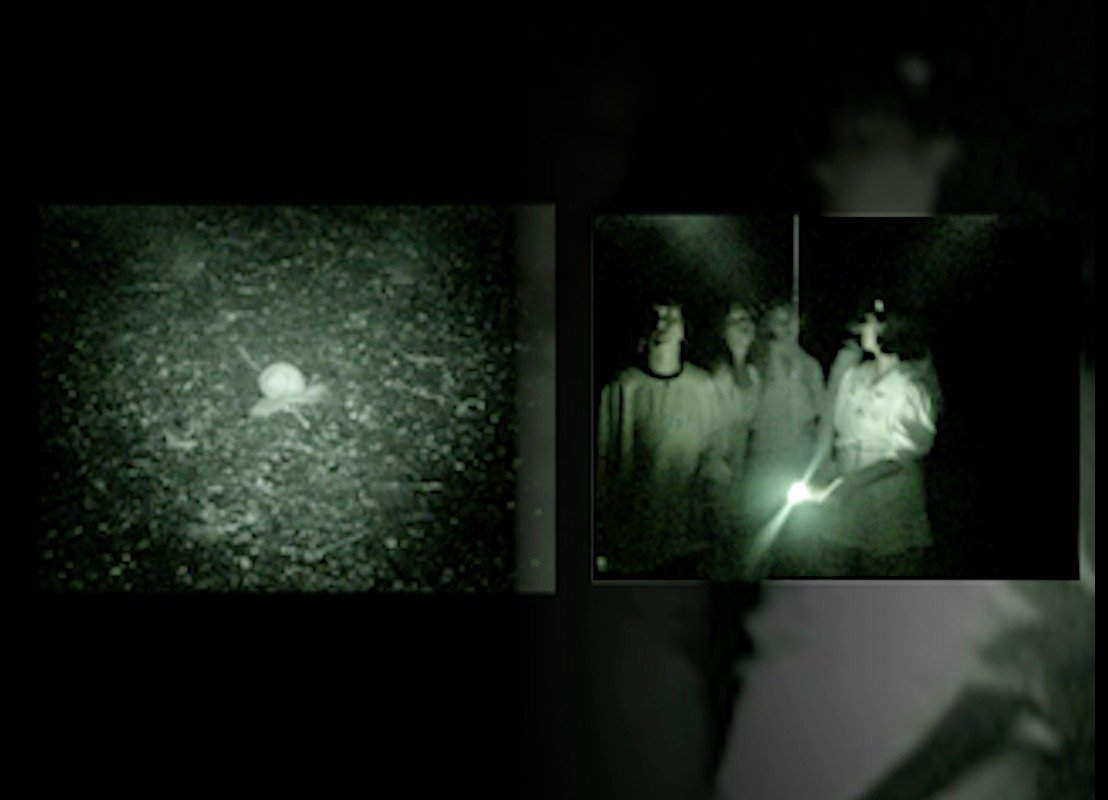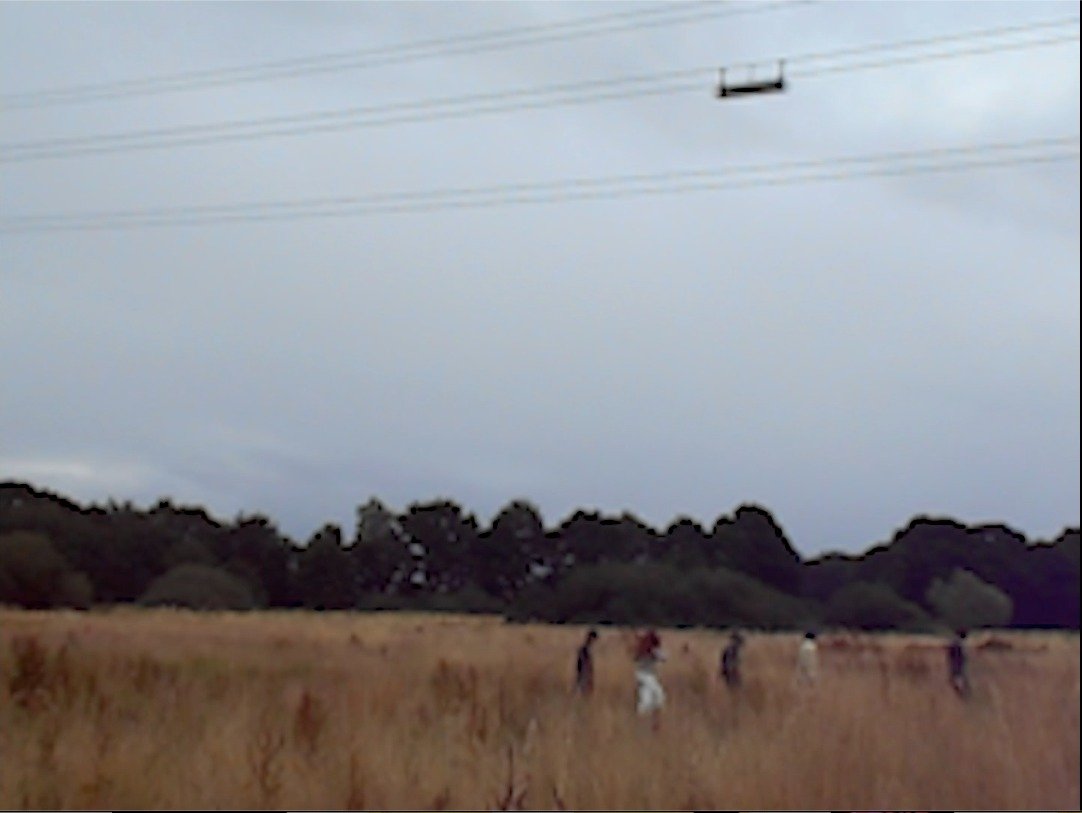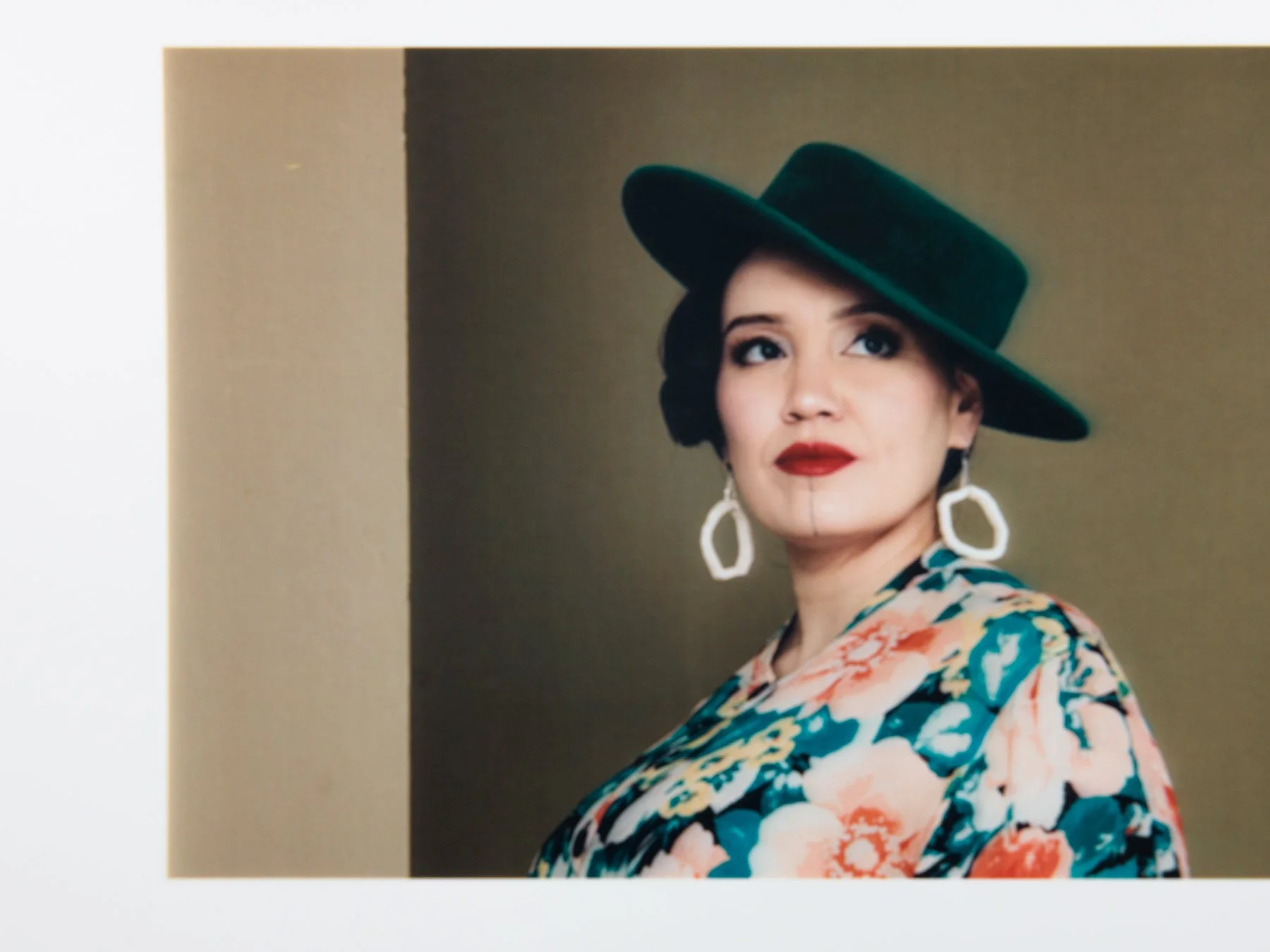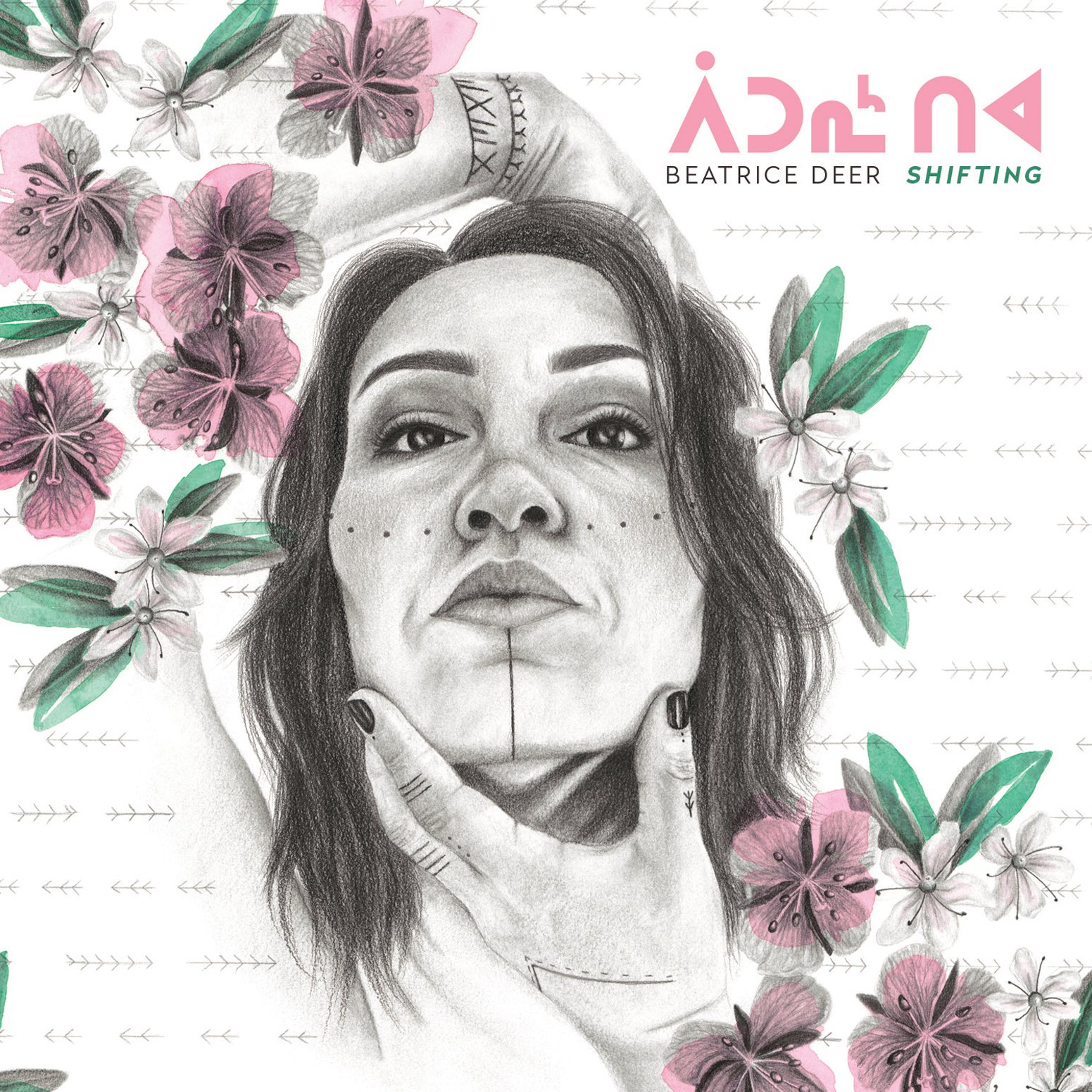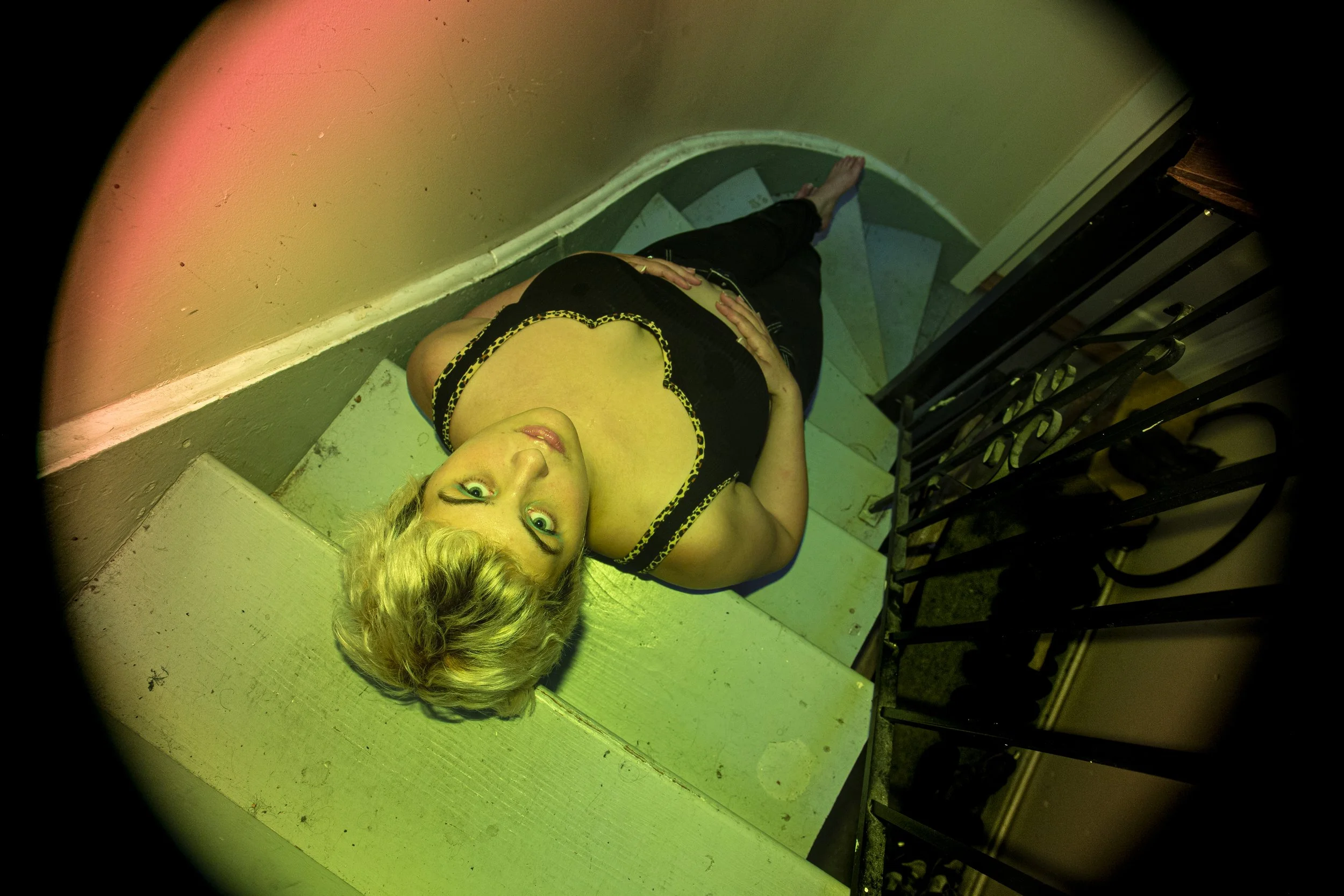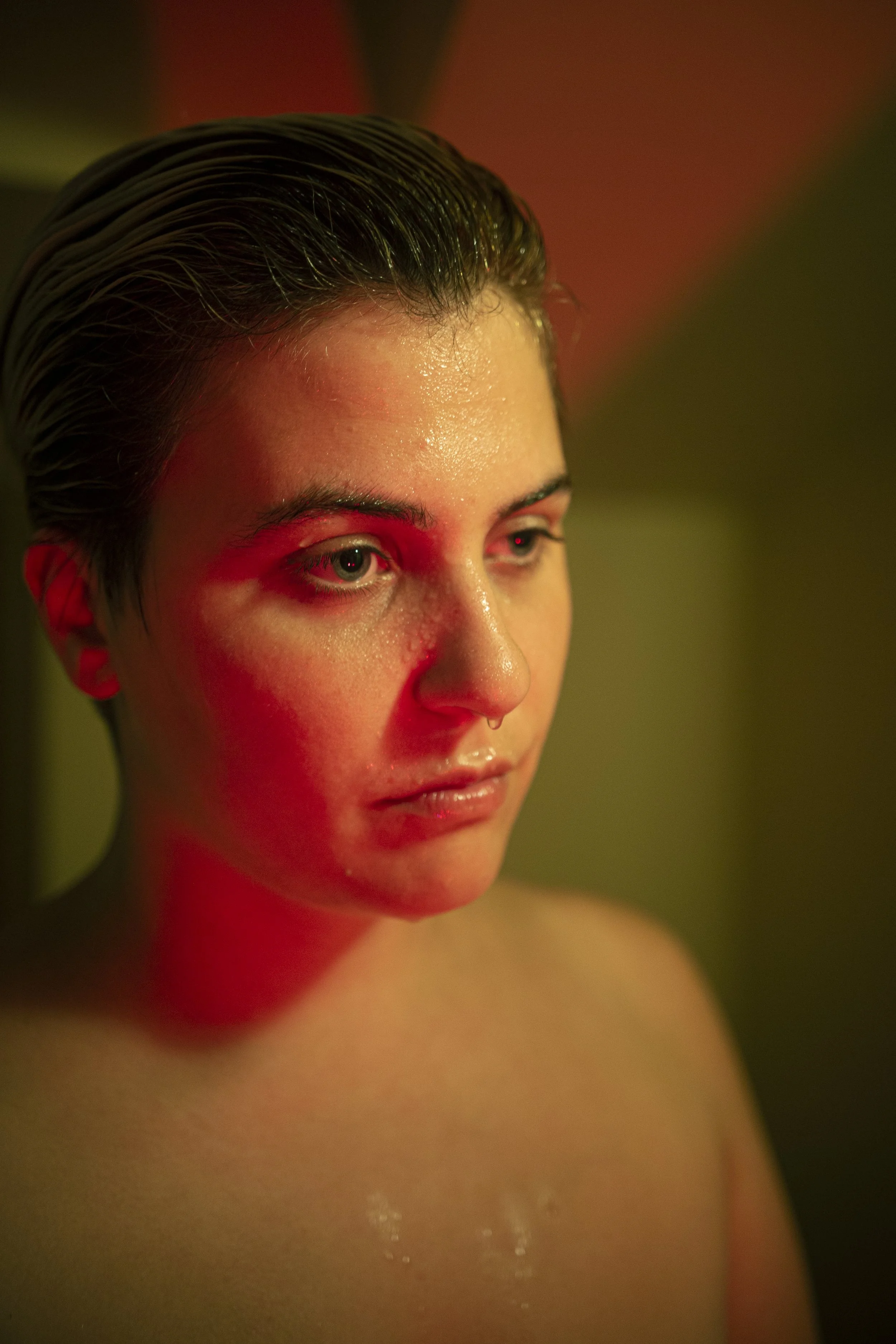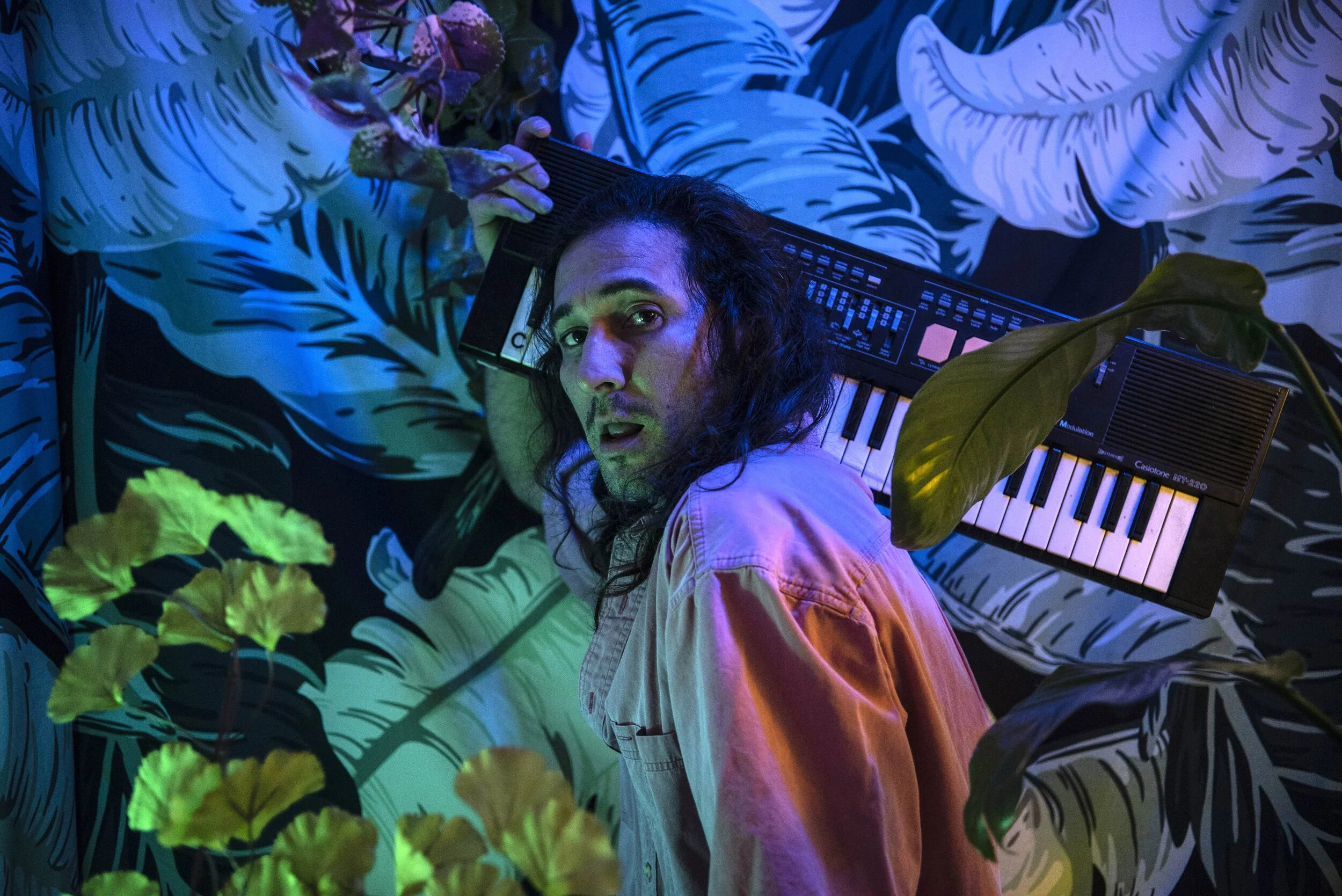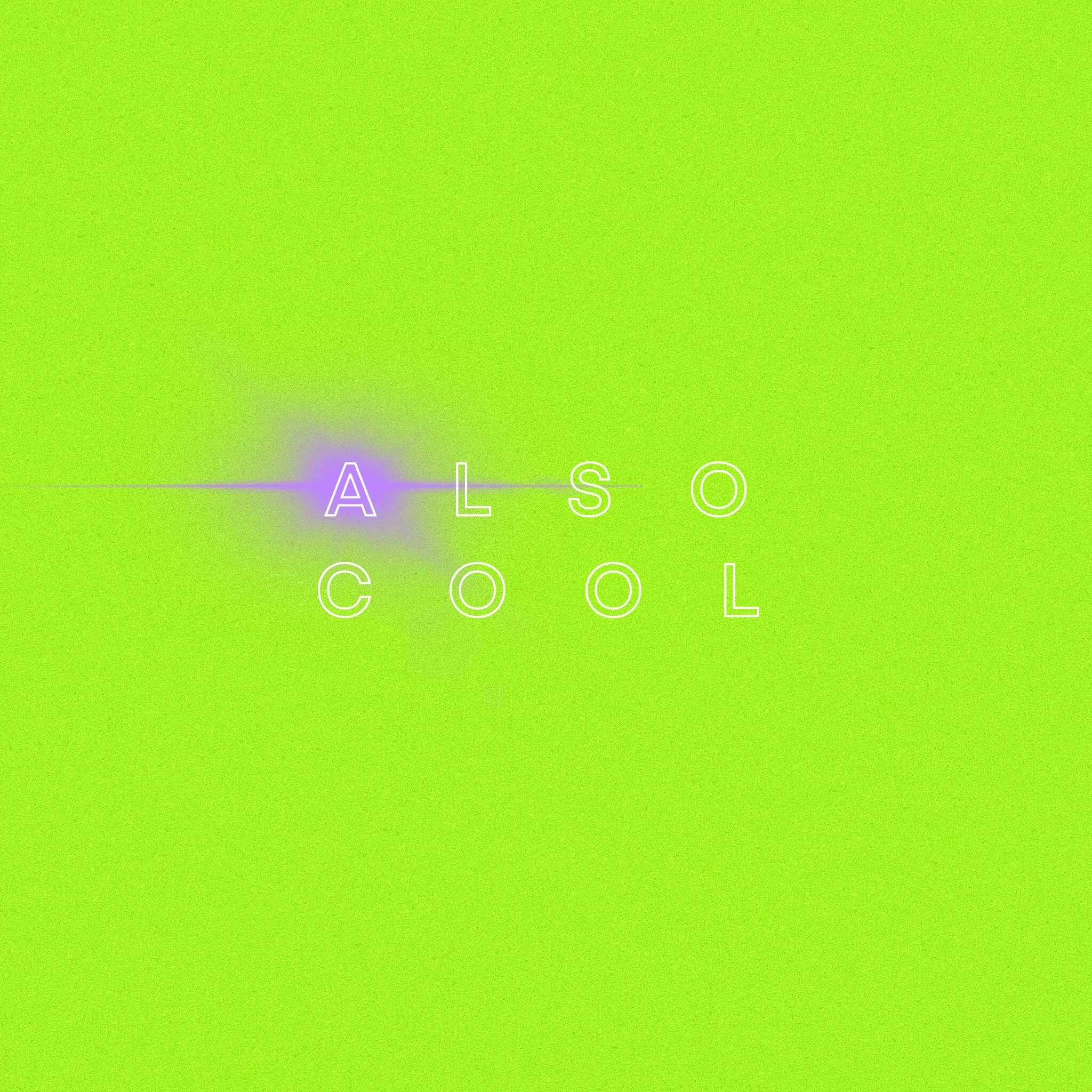Half Moon Run’s Salt and the Beauty of Everyday Miseries (BMG)
Half Moon Run by Jennifer McCord
Tackling heartbreak, longing, and climate change, Half Moon Run crafts a universe bursting with melancholy and familiar, commonplace despair, navigating through it with an unexpectedly fitting groove. The Canadian indie rock band’s fourth studio album Salt, released on June 2, is gentle and introspective in its lyricism without lacking alluring instrumentation.
Although the pieces on the album have been in the works for many years, they don’t sound out-of-place or irrelevant to a world that changed in such a significant manner. Time treated Salt kindly, and instead of being overcooked, the album seems only uplifted by the efforts taken to craft it. Every element of the album is carefully chosen and revised to be its best version of itself.
The opening track of the LP, “You Can Let Go”, is a definite highlight of the album, combining layered instrumentals with candid lyrics to capture the everyday anxieties that come with personhood, quietly reminding the listeners that “the only way out is through”. The track is a perfect mix of slightly abstract imagery and painfully real and relatable lines, with the rhythmically-enunciated “Self-medicate, self deprecate / Self-help books on the shelf, help meditate” at the beginning of the song mimicking the fast-paced rhythm of contemporary life. “You Can Let Go” instantly captivates the listener with its hypnotizing drum line and bewitching vocals, making it an obvious choice to put on repeat on just about any occasion. This alluring introduction to the world of Salt is immediately followed by “Alco”, a groovy and fun yet musing piece – a perfect track to blast while driving with your windows down on a warm summer evening.
The signature use of string sections throughout the album adds a feeling of nostalgia and an ethereal sense to a work that’s otherwise so grounded in reality by its piercingly honest contemplations. A great example of that is “Everyone’s Moving Out East”, an incredible combination of layered vocals, subtle drums, magnetic strings and illusive lyrics, all of which come together in a wonderful ballad about growing up and dealing with loss.
Salt doesn’t shy away from talking about destruction, both that which is present around us and that of the self. “Gigafire”, an initially soft track with transcendent instrumentals and vocals, quickly reveals itself to be about climate anxiety, with the singer reminiscing of the times “…before the change in the weather”. Similarly, “Goodbye Cali” doesn’t shy away from candid recollections of the singer’s experiences with travelling across America, bringing up the panic attacks and burnout that came with life on the road.
Salt tastes and feels bittersweet, brilliantly capturing the experience of dealing with adulthood, love and loss. Despite its grounded, contemporary subject matter, the LP still manages to have an enchanting, whimsical vibe to it, taking all the good elements from folk and indie rock and turning them into an intimate, rewarding listening experience and an essential summer listen.
Salt
Out June 2, 2023 via BMG
1. You Can Let Go
2. Alco
3. Hotel in Memphis
4. Everyone Is Moving Out East
5. 9beat
6. Dodge the Rubble
7. Heartbeat
8. Gigafire
9. Goodbye Cali
10. Salt
11. Crawl Back In
All songs written by Half Moon Run
Produced and engineered by Connor Seidel
Mixed by Chris Shaw and Connor Seidel
Mastered by Ryan Morey
Recorded at Treehouse Studio and Hammerjam
Tracks 2, 3, 5, 6, 7, and 8 feature the Esca String Quartet
Tracks 4 and 11 feature Camille Roy-Paquette on cello
String arrangements by Antoine Gratton and Dylan Phillips
Album photography by Jennifer McCord
Layout by Alex Tomlinson

